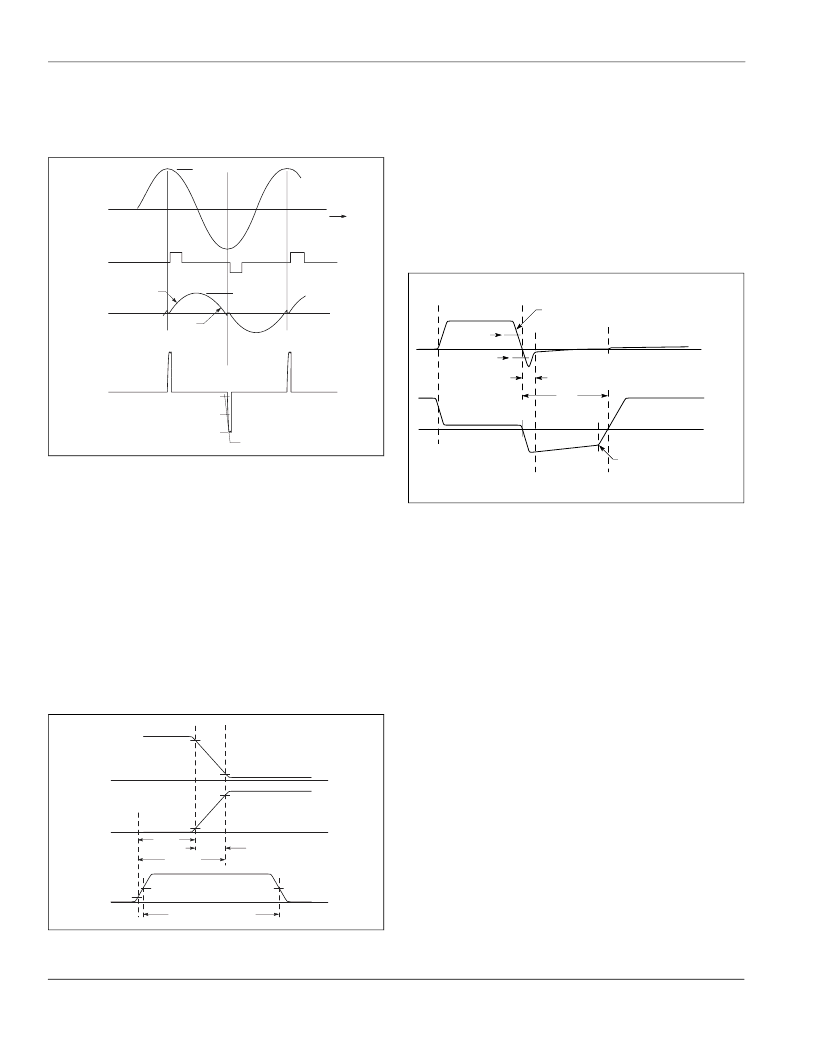- 您現(xiàn)在的位置:買賣IC網(wǎng) > PDF目錄369509 > BT136SERIES Triacs PDF資料下載
參數(shù)資料
| 型號: | BT136SERIES |
| 英文描述: | Triacs |
| 中文描述: | 雙向可控硅 |
| 文件頁數(shù): | 184/224頁 |
| 文件大?。?/td> | 2697K |
| 代理商: | BT136SERIES |
第1頁第2頁第3頁第4頁第5頁第6頁第7頁第8頁第9頁第10頁第11頁第12頁第13頁第14頁第15頁第16頁第17頁第18頁第19頁第20頁第21頁第22頁第23頁第24頁第25頁第26頁第27頁第28頁第29頁第30頁第31頁第32頁第33頁第34頁第35頁第36頁第37頁第38頁第39頁第40頁第41頁第42頁第43頁第44頁第45頁第46頁第47頁第48頁第49頁第50頁第51頁第52頁第53頁第54頁第55頁第56頁第57頁第58頁第59頁第60頁第61頁第62頁第63頁第64頁第65頁第66頁第67頁第68頁第69頁第70頁第71頁第72頁第73頁第74頁第75頁第76頁第77頁第78頁第79頁第80頁第81頁第82頁第83頁第84頁第85頁第86頁第87頁第88頁第89頁第90頁第91頁第92頁第93頁第94頁第95頁第96頁第97頁第98頁第99頁第100頁第101頁第102頁第103頁第104頁第105頁第106頁第107頁第108頁第109頁第110頁第111頁第112頁第113頁第114頁第115頁第116頁第117頁第118頁第119頁第120頁第121頁第122頁第123頁第124頁第125頁第126頁第127頁第128頁第129頁第130頁第131頁第132頁第133頁第134頁第135頁第136頁第137頁第138頁第139頁第140頁第141頁第142頁第143頁第144頁第145頁第146頁第147頁第148頁第149頁第150頁第151頁第152頁第153頁第154頁第155頁第156頁第157頁第158頁第159頁第160頁第161頁第162頁第163頁第164頁第165頁第166頁第167頁第168頁第169頁第170頁第171頁第172頁第173頁第174頁第175頁第176頁第177頁第178頁第179頁第180頁第181頁第182頁第183頁當前第184頁第185頁第186頁第187頁第188頁第189頁第190頁第191頁第192頁第193頁第194頁第195頁第196頁第197頁第198頁第199頁第200頁第201頁第202頁第203頁第204頁第205頁第206頁第207頁第208頁第209頁第210頁第211頁第212頁第213頁第214頁第215頁第216頁第217頁第218頁第219頁第220頁第221頁第222頁第223頁第224頁

AN1008
Application Notes
http://www.teccor.com
+1 972-580-7777
AN1008 - 6
2002 Teccor Electronics
Thyristor Product Catalog
Commutating dv/dt is specified for a half sinewave current at
60 Hz which fixes the di/dt of the commutating current. The com-
mutating di/dt for 50 Hz is approximately 20% lower while I
RMS
rating remains the same. (Figure AN1008.4)
Figure AN1008.12
Waveshapes of Commutating dv/dt and
Associated Conditions
t
gt
: Gate-controlled Turn-on Time — SCR and Triac
The t
gt
is the time interval between the application of a gate pulse
and the on-state current reaching 90% of its steady-state value.
(Figure AN1008.13) As would be expected, turn-on time is a
function of gate drive. Shorter turn-on times occur for increased
gate drives. This turn-on time is actually only valid for resistive
loading. For example, inductive loading would restrict the rate-of-
rise of anode current. For this reason, this parameter does not
indicate the time that must be allowed for the device to stay on if
the gate signal is removed. (Refer to the description of “IL: Latch-
ing Current” on page AN1008-4.) However, if the load was resis-
tive and equal to the rated load current value, the device
definitely would be operating at a current above the dynamic
latching current in the turn-on time interval since current through
the device is at 90% of its peak value during this interval.
Figure AN1008.13
Waveshapes for Turn-on Time and
Associated Conditions
t
q
:
Circuit-commutated Turn-off Time — SCR
The circuit-commutated turn-off time of the device is the time dur-
ing which the circuit provides reverse bias to the device (negative
anode) to commutate it off. The turn-off time occurs between the
time when the anode current goes negative and when the anode
positive voltage may be reapplied. (Figure AN1008.14) Turn-off
time is a function of many parameters and very dependent on
temperature and gate bias during the turn-off interval. Turn-off
time is lengthened for higher temperature so a high junction tem-
perature is specified. The gate is open during the turn-off interval.
Positive bias on the gate will lengthen the turn-off time; negative
bias on the gate will shorten it.
Figure AN1008.14
Waveshapes of t
q
Rating Test and
Associated Conditions
R
θ
JC
,
R
θ
JA
:
Thermal Resistance (Junction-to-case,
Junction-to-ambient) — SCR and Triac
The thermal-resistance characteristic defines the steady-state
temperature difference between two points at a given rate of
heat-energy transfer (dissipation) between the points. The ther-
mal-resistance system is an analog to an electrical circuit where
thermal resistance is equivalent to electrical resistance, tempera-
ture difference is equivalent to voltage difference, and rate of
heat-energy transfer (dissipation) is equivalent to current. Dissi-
pation is represented by a constant current generator since gen-
erated heat must flow (steady-state) no matter what the
resistance in its path. Junction-to-case thermal resistance estab-
lishes the maximum case temperature at maximum rated steady-
state current. The case temperature must be held to the maxi-
mum at maximum ambient temperature when the device is oper-
ating at rated current. Junction-to-ambient thermal resistance is
established at a lower steady-state current, where the device is in
free air with only the external heat sinking offered by the device
package itself. For R
θ
JA
, power dissipation is limited by what the
device package can dissipate in free air without any additional
heat sink:
I
G
I
T
TIME
di/dt
(di/dt)C
C
E
M
10%
63%
V
DRM
(dv/dt)
Voltage across Triac
E
SOURCE
I
TRM
90%
90%
10%
50%
50%
10%
On-state Current
Rise
Time
Gate
Trigger
Pulse
Delay
Time
Turn-on
Time
Gate Pulse Width
Off-state Voltage
10%
ITM
50% ITM
50% IRM
iR
Reverse Current
ID
Off-State Leakage
VD
Off-State Voltage
di/dt
dv/dt
trr
tq
t1
VT
R
θ
JC
PAV
PAV
TC
–
)
TJ
=
R
θ
JA
TA
–
)
TJ
=
相關(guān)PDF資料 |
PDF描述 |
|---|---|
| BT136SERIESD | Triacs logic level |
| BT136SERIESE | Triacs sensitive gate |
| BT136SSERIES | Triacs |
| BT136SSERIESD | Triacs logic level |
| BT136X_SERIES | Triacs |
相關(guān)代理商/技術(shù)參數(shù) |
參數(shù)描述 |
|---|---|
| BT136SERIESD | 制造商:未知廠家 制造商全稱:未知廠家 功能描述:Triacs logic level |
| BT136SERIESE | 制造商:未知廠家 制造商全稱:未知廠家 功能描述:Triacs sensitive gate |
| BT136SSERIES | 制造商:未知廠家 制造商全稱:未知廠家 功能描述:Triacs |
| BT136SSERIESD | 制造商:未知廠家 制造商全稱:未知廠家 功能描述:Triacs logic level |
| BT136SSERIESE | 制造商:PHILIPS 制造商全稱:NXP Semiconductors 功能描述:Triacs sensitive gate |
發(fā)布緊急采購,3分鐘左右您將得到回復。